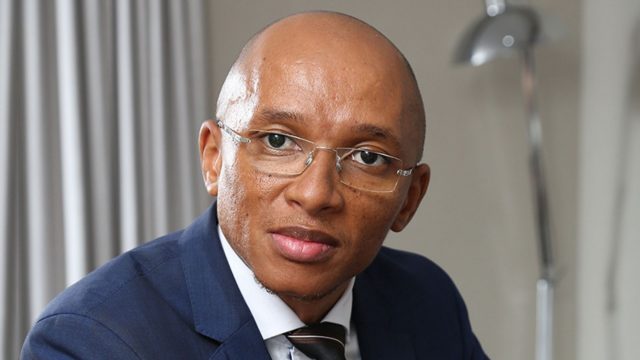South Africa’s esports scene is set for a major showdown as Hyprop and MTN introduce SHIFT COD, a Call of Duty tournament forming part…
Power up your workforce: Support staff during energy crises

Salesforce South Africa’s area vice president and country leader, Zuko Mdwaba, has urged organisations to be proactive in addressing energy crises, as these have a significant impact on people around the world.

With energy shortages causing disruptions to workdays in South Africa, Mdwaba believes it is essential that companies provide employees with the tools they need to get through the crisis.
Speaking to Ventureburn, Mdwaba stressed that companies should go beyond merely providing office space and look for ways to support employees.
“Power outages and escalating energy bills affect every aspect of an employee’s life, not just their ability to work,” he explained. He also suggested that companies could consider subsidising backup power solutions for their employees, adding, “The organisation could end up sacrificing a lot more in lost productivity if it doesn’t go that route.”
Mdwaba also highlighted the importance of an asynchronous approach to work, stating that it is “crucial for a working future where people are assessed according to their ability to complete tasks rather than occupy a desk for a set number of hours every day.”
Beyond helping employees cope with energy crises, organisations can also be part of the solution in improving energy efficiency.
“Even relatively small changes can have a big cumulative effect, especially when it comes to energy conservation,” Mdwaba noted.
He suggested that organisations could opt for cloud computing instead of on-premises IT infrastructure, which can result in significant energy savings while reducing greenhouse gas emissions.
In a recent Salesforce study of nearly 1 300 global workers, over 80% expressed a desire to help their company operate more sustainably, and 60% expressed a willingness to incorporate sustainability into their current role.
However, 88% of respondents said that a lack of investment in training towards sustainability qualifications was stopping companies from reaching their sustainability goals.
Mdwaba believes that upskilling existing workers who want to transition to sustainability careers can help companies fill hard-to-fill roles while supporting employees to work towards something they are passionate about.
He emphasised that companies need to prepare for the future and combine short-term solutions with long-term changes in how they operate. “As sustainability continues to stay at the forefront of stakeholders’ minds, it’s imperative that business leaders adapt to the changing reality,” he said.
By prioritising resilience and adaptability, companies can thrive in the future of business and work.
Mdwaba’s advice for organisations is clear: “All organisations should be doing everything they can to ensure success now, especially where that includes making themselves more resilient to the kind of energy shocks the world is facing right now.”
READ NEXT: Support SMEs to combat SA unemployment, plead experts

